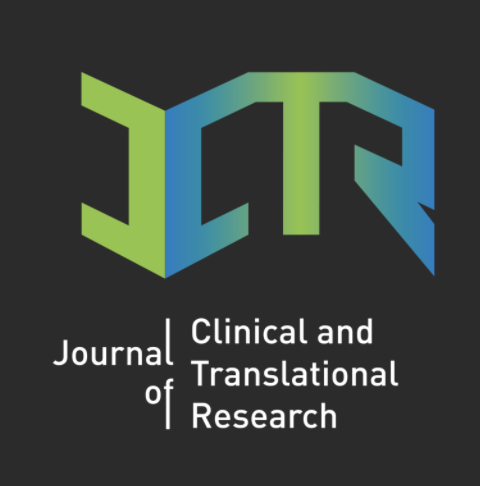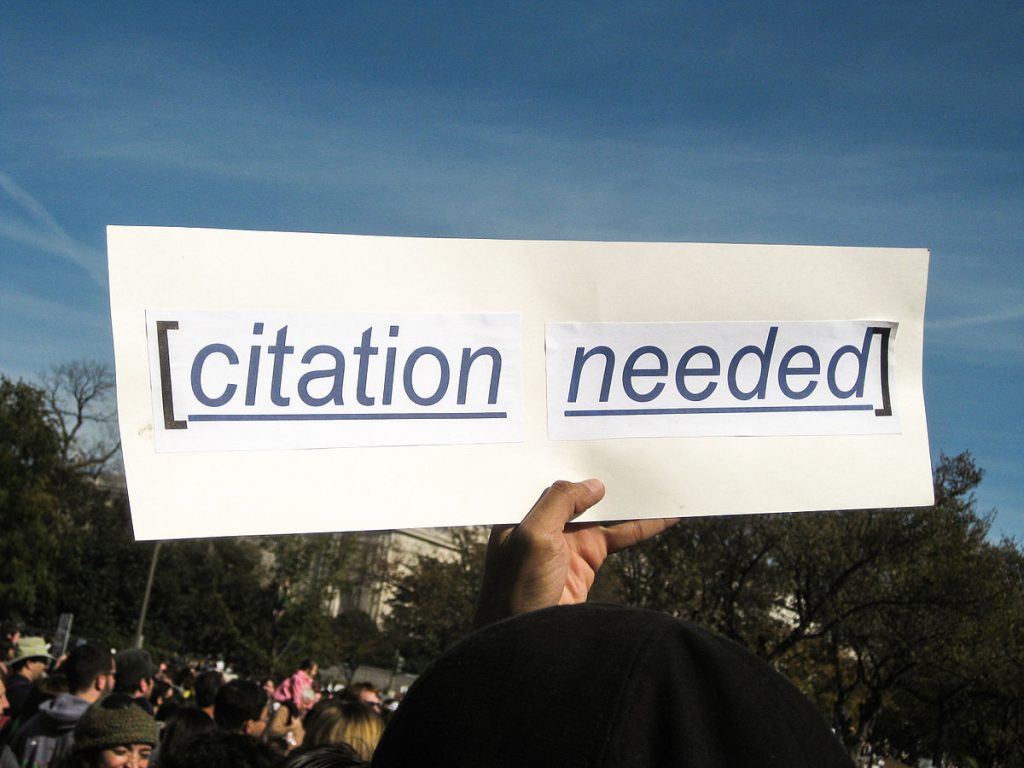Sincere scholars work to expand society’s knowledge and understanding. They cite all the relevant research, even that produced by those they disagree with or personally dislike. They encourage debate. For the sincere scholar, a citation is a responsibility, and proper and thorough citations demonstrate research quality.
For the strategic scholar, a citation is an asset to be used career-advantageously. As a certain former governor of the State of Illinois once said about his responsibility to fill an open US senate position, “I’ve got this thing and it’s (expletive) golden. I’m not just giving it up for (expletive) nothing.”
Strategic scholars cite the work of their friends, working colleagues, those they agree with, and those who reference them. Indeed, the most successful career-strategic scholars operate in groups of like-minded colleagues in which they promote each other’s careers together—citation cartels. They draw attention to that other work which supports their own and their careers.
Continue reading How citation cartels give ‘strategic scholars’ an advantage: A simple model







